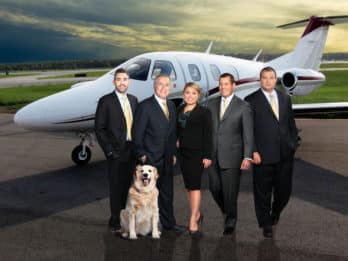Madrid MD-82 Crash: Déjà Vu
MADRID MD-82 CRASH, DÉJÀ VU
The flight path of both the Northwest and Spanair aircraft are eerily similar…
Two decades ago in Detroit Michigan, Northwest Airlines Flight 255, an MD-82, crashed on takeoff, killing all aboard except for a toddler. The crew had failed to extend the wing flaps and the takeoff configuration warning was disabled due to lack of electrical power to the device, so no warning was sounded.
Now it appears that first witness reports about an engine explosion on Spanair MD-82 upon its takeoff in Madrid, Spain on August 20 were in error. Instead, investigators have found that the plane did not have its wing flaps deployed when it stalled and crashed to the runway killing 153 of its 175 passengers and crew. Once again, it appears that the crew failed to extend the wing flaps, thus ignoring that item on the pre-takeoff check list. The cockpit voice recorder should confirm or deny whether the crew announced the need to set flaps for takeoff.
Typically, takeoff configuration warnings do not sound because they have been disabled due to frequent false warnings. A warning system is useless if it frequently malfunctions because flight crews will just ignore the warnings as unreliable. On the other hand, pre-takeoff check lists, which include challenge and response by the flight crew working together, should have resulted in proper flap extension. It has not yet been determined why the takeoff warning on the Spanair aircraft didn’t work and it was never determined why it didn’t work on the Northwest aircraft more than 20 years ago.
The flight path of both the Northwest and Spanair aircraft are eerily similar, with the nose seen coming up to takeoff altitude, followed by an aerodynamic stall resulting in a rapid descent to the ground with a large loss of life.
The fact that Spanish investigators heard no takeoff configuration warning on the cockpit voice recorder is just a “same-old, same-old” repeat of the well-known adage that aircraft always telegraph their intention to fail long before an accident. This problem has been around for at least 20 years and obviously a fix has not been ordered by the FAA, the agency responsible for ensuring aircraft safety.
It is hideous that the manufacturer hasn’t fixed this known fatal flaw that has now taken hundreds of lives.
– Arthur Alan Wolk




